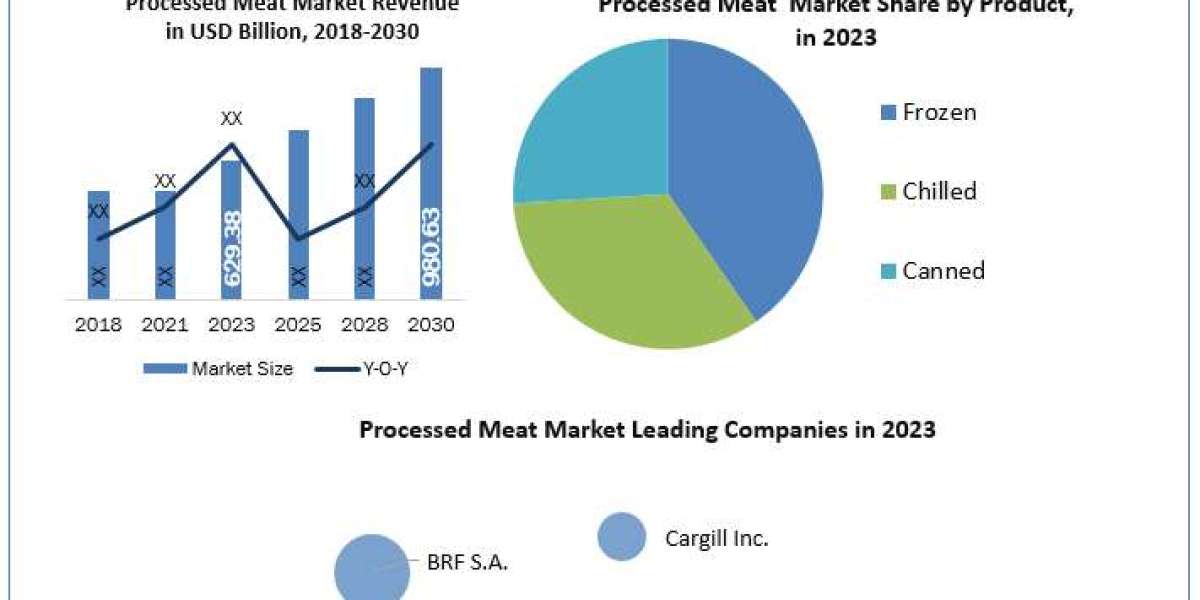Medications constitute a core element for cancer patients receiving treatment and being able to ensure a continuity of supplies is no less important than the treatment. On the other side of this matter, it is possible to observe a stark and regrettable pattern in the form of drug shortages – a state of affairs in which there is not enough supply that can address the high demand of vital drugs required by patients.
Drug supply disruptions inevitably can have catastrophic effects, delaying life-saving treatments, requiring providers to use alternative, maybe less effective, unsafe, and inefficient substitutions, that would drive up the risk for medication errors, lead to healthcare treatment rationing and increase costs. The shortage of drugs accords with the cancer patients distinction, who specifically value exact medication schedules that matter while they undergo treatment.
So what exactly are drug shortages, what causes them, and how might they affect the treatment of cancer patients?
Let's explore this complex issue in depth
Defining a Drug Shortage
A drug shortage is when the total manufacturing supply of a medication available for dispensing and patient use is below the projected current demand of that medication at the patient level. This is the official form according to the regulating authority.
The severity of drug shortages can be modest, for instance, when there is a usual delay in supply or extreme, when the extent of depletion is total leaving no other alternative. Governments control drug supply through Bodies tasked with scrutinization of drug supplies and noticing current or future shortages in tandem, they are approved with the copies they supply to manufacturers and advise them to help avoid or alleviate their effect.
Causes of Drug Shortages
Among all the causes of drug shortages lies within many different issues which can be triggered by a number of things, including a pharmaceutical company’s failure to comply with related regulations, quality standards, or production.
Some of the major factors include:
Product quality issues - Problems meeting quality standards for purity, stability, or sterility can trigger huge production stoppages.
Facility shutdowns - When manufacturing facilities fail safety inspections or need to fix violations, it can halt production.
Ingredient shortages - Supply chain issues can limit availability of raw materials and components required to produce finished drugs.
Manufacturing delays - Planned production shutdowns for maintenance, machinery upgrades, or process changes.
Business discontinuations - Companies may discontinue production of certain drugs if they are unprofitable or better alternatives are available.
Quota limitations - Some drugs face restrictions that limit how much can be produced annually.
Spikes in demand - If demand suddenly surges faster than supply is able to ramp up, shortages can result.
Globalized supply chains and limited redundancies create vulnerabilities if production sites experience issues. Heavy reliance on overseas manufacturing capacity, particularly for cheaper generic drugs and their ingredients, contributes to the risk of shortages.
Impact on Cancer Care
A problem of drug shortages is putting in jeopardy provision of many types of cancer treatment, highly dependent on a continuous supply of chemotherapies, hormone treatments, targeted drug regimens, medications supportive of standard care, as well as others. The best ayurvedic cancer hospital in India opines that even temporary shortages can be dangerous.
For certain cancers where older, established treatments are less effective, delays in starting newer, standard-of-care regimens due to drug stock-outs can negatively impact prognosis and survival. Providers may be forced to attempt suboptimal alternative therapies or split available doses in an attempt to conserve supplies.
Cancer hospitals and practices have drug shortage management plans to help navigate these situations, but strategies like rationing, hoarding, therapeutic substitutions, adjusting treatment schedules, and more can significantly impact patient safety and outcomes. Errors can more easily occur when clinicians lack experience with alternative medications.
The financial impacts are severe as well. Hospitals may have to purchase more expensive substitutes. Insurance coverage may not apply for alternatives. Labor costs rise as more time is required to manage shortages. And most importantly, an inability to secure standard therapies may reduce positive outcomes, necessitating expensive follow-up care or crippling disease progression.
For patients diagnosed with cancer these care delays or interruptions, evident with drug shortages, increases their confusion, worries, and anxiety which adds to the patients' already heavy burden.
They deserve reliability in the medication supply chain
Solving chronic drug shortages requires a multi-faceted approach – improving manufacturing quality systems, promoting business continuity planning, restructuring critical supply chains, updating regulatory flexibility, and incentivizing production of medicines at shortage risk. Though some progress has been made, drug shortages remain an ongoing public health crisis that deeply impacts cancer patients' ability to access vital therapies in a timely manner.
The best cancer hospital in Bangalore suggests that resolving this crisis will require a multi-stakeholder effort - regulatory bodies must enhance their shortage monitoring and intervention capabilities, while manufacturers prioritize robust quality systems, risk management planning, and production redundancies. Healthcare providers need better tools to seamlessly pivot to alternative therapies when shortages strike.
Most importantly, the patient voice must remain at the forefront of drug shortage mitigation strategies. Through addressing underlying causes, offering an efficient supply chain and patient needs, we can overcome channeling difficulties which in consequence lead to provision of all cancer patients with the medications that they require and they require them without delay.








